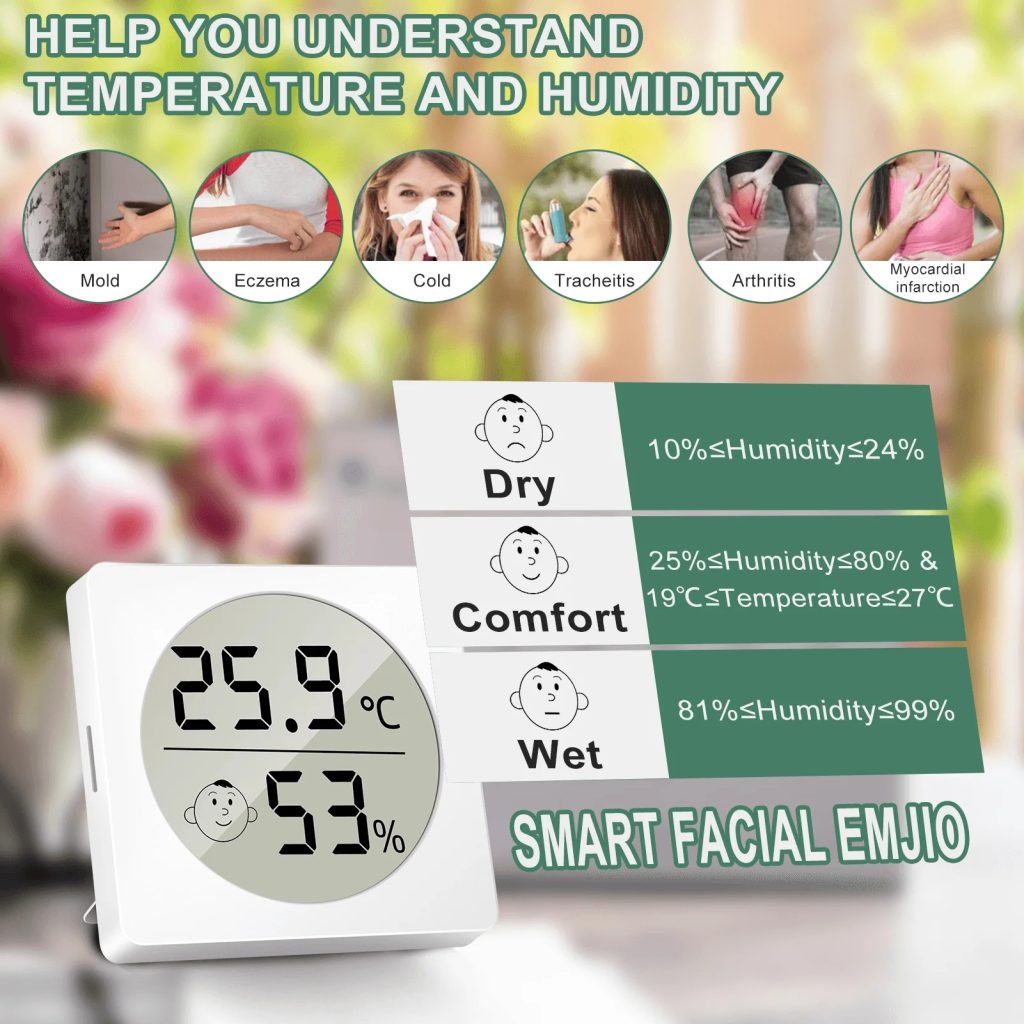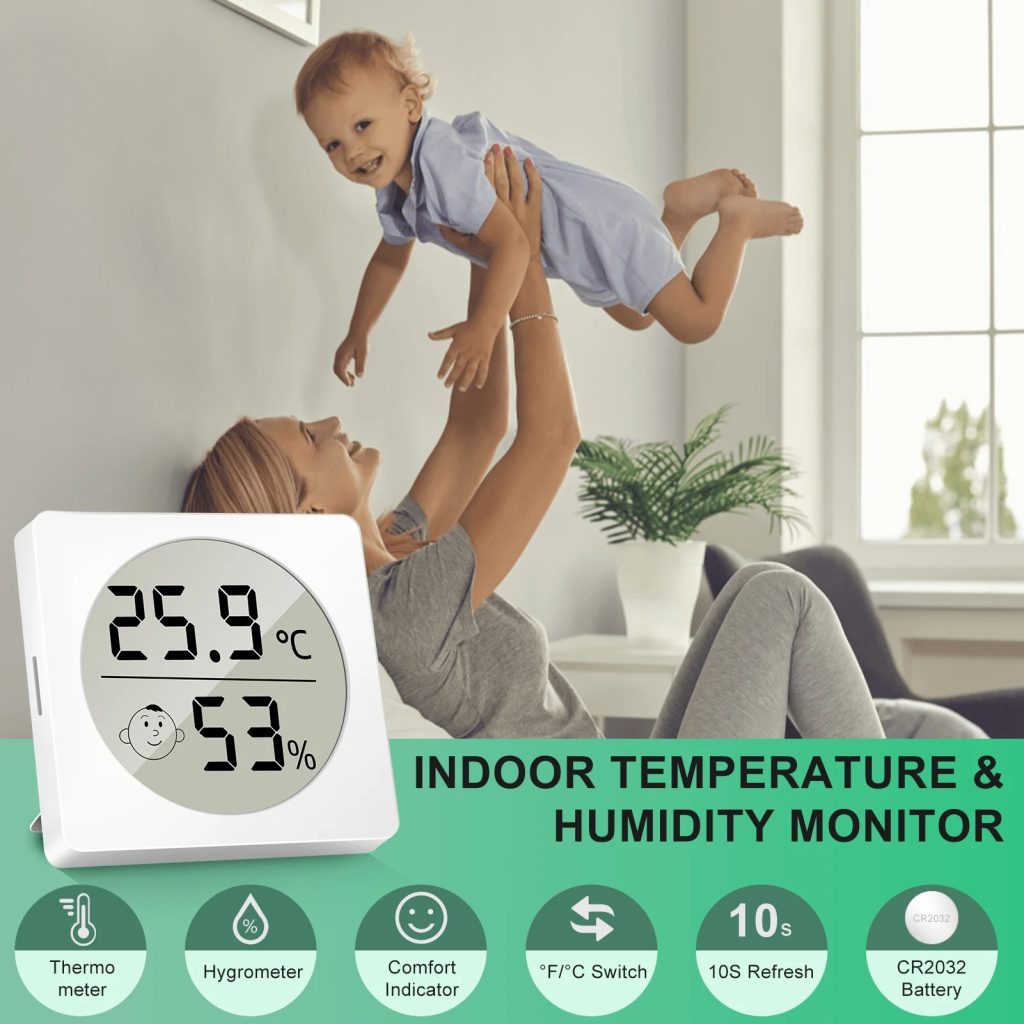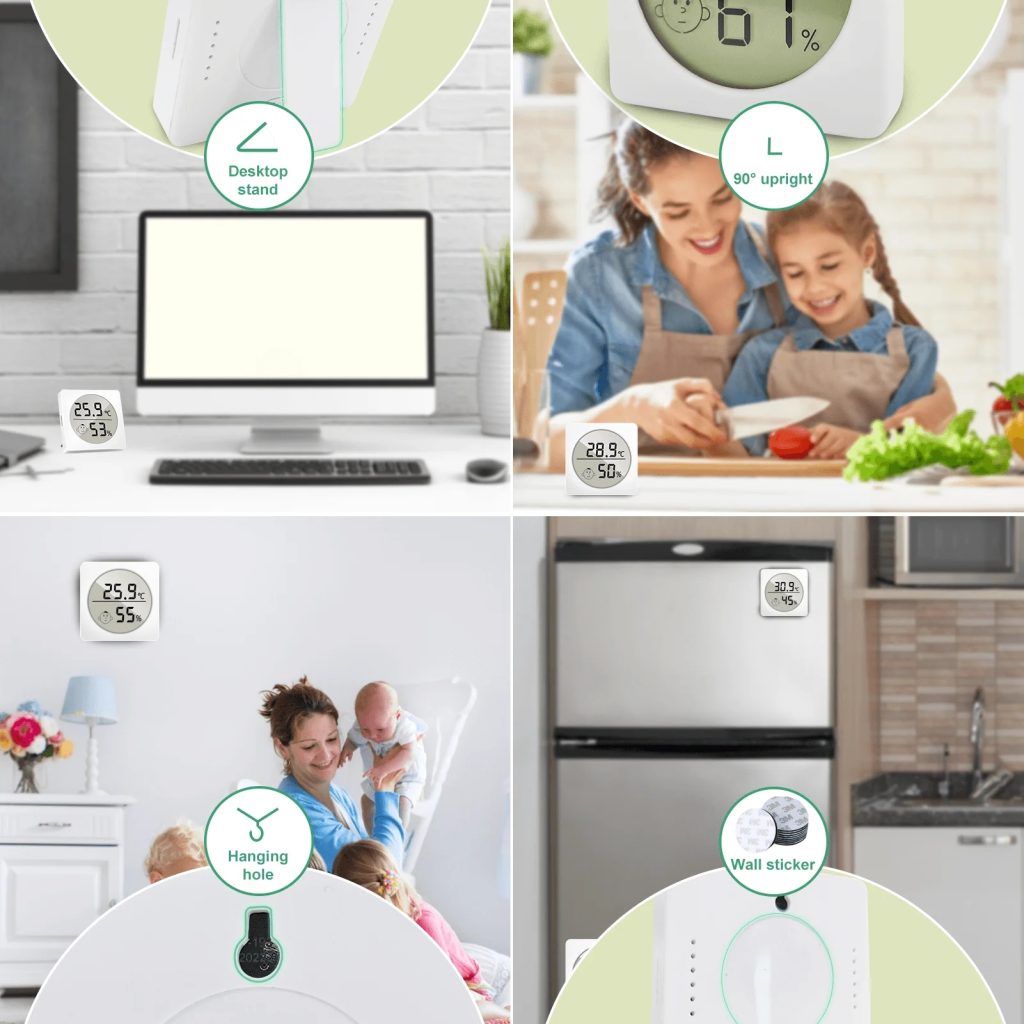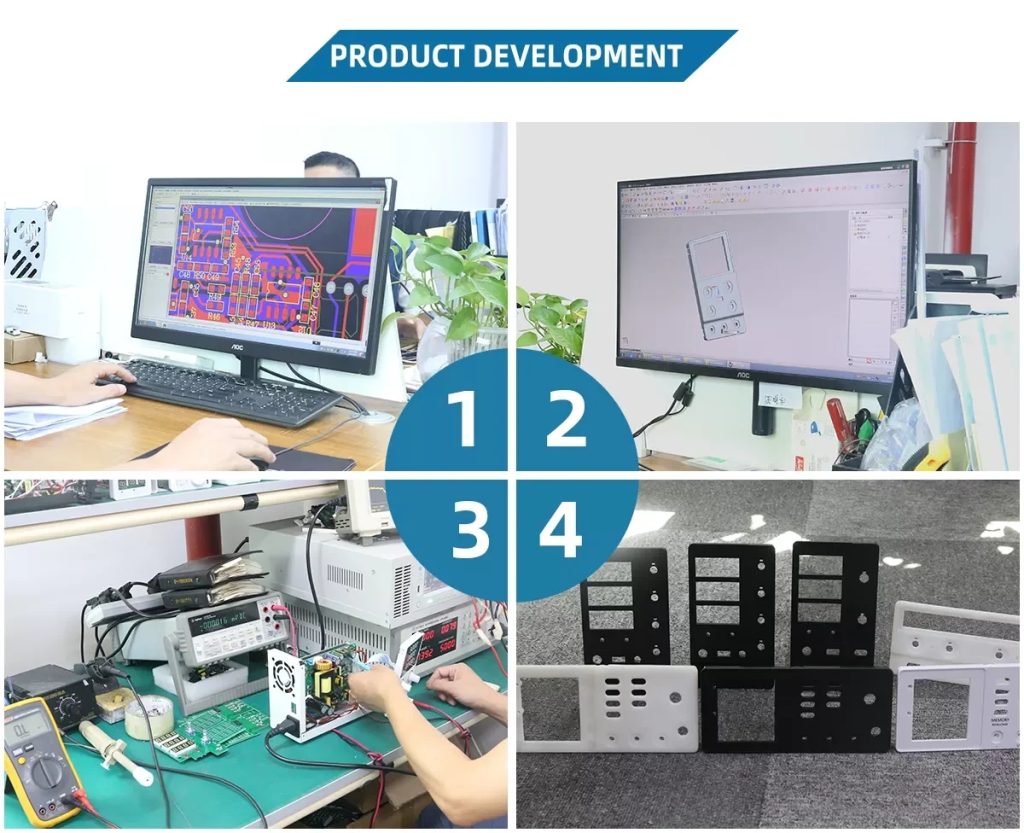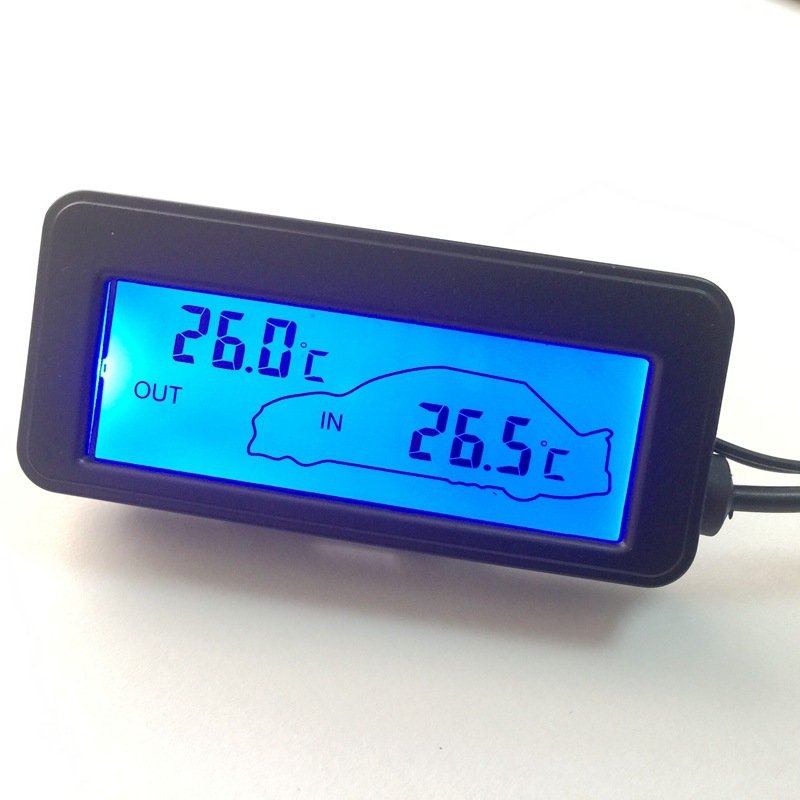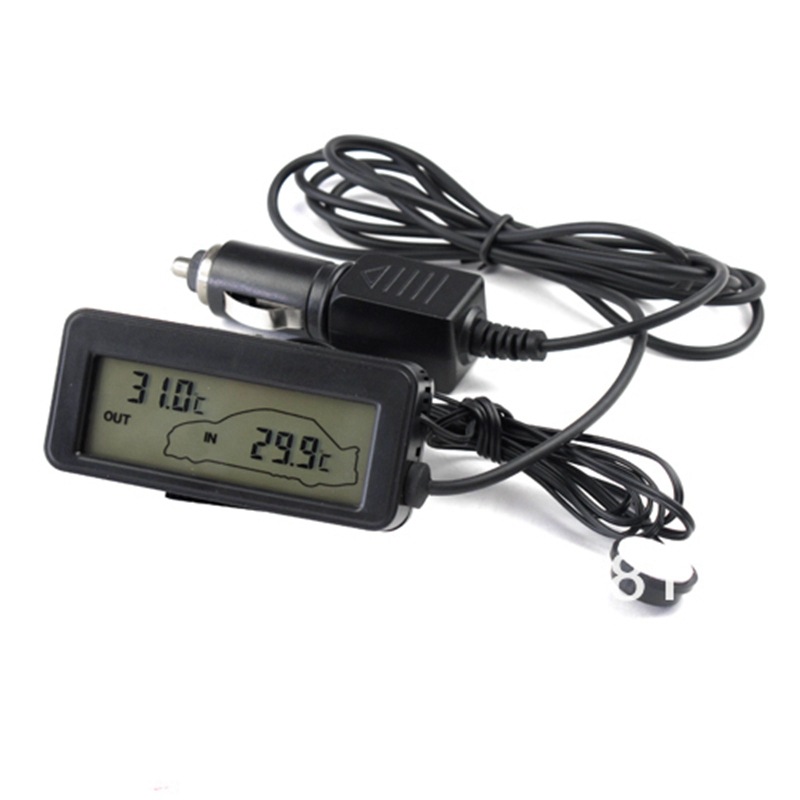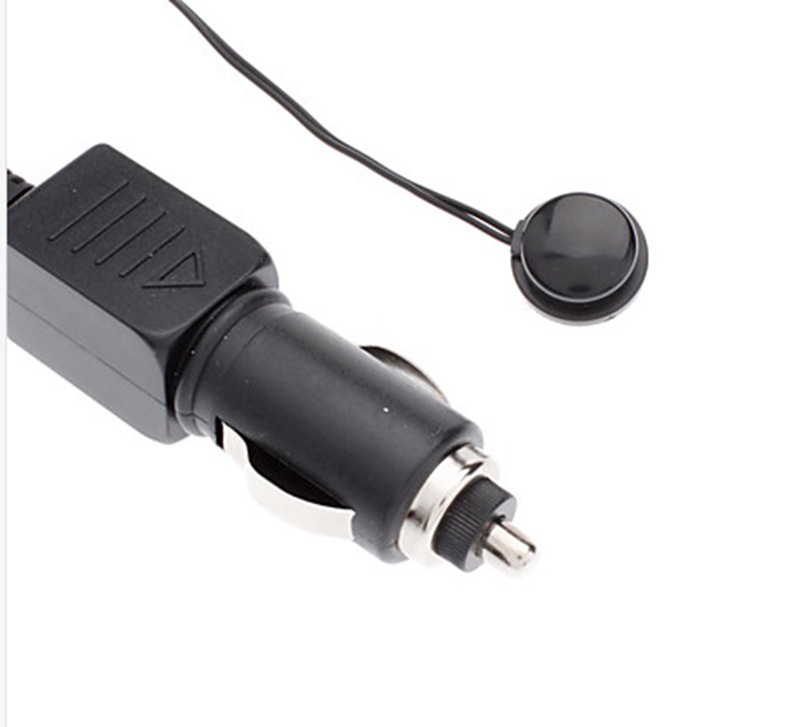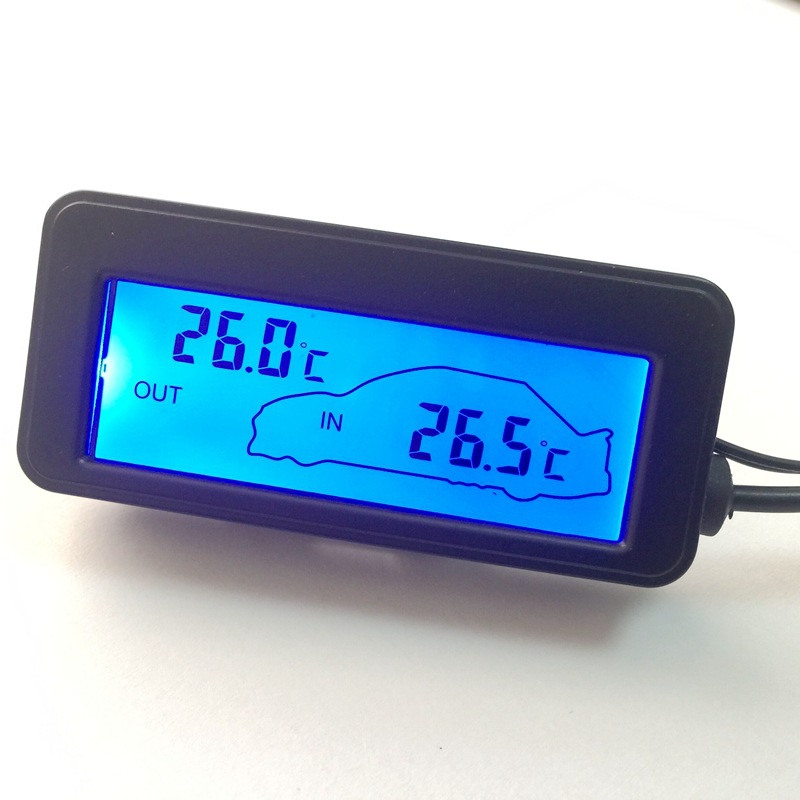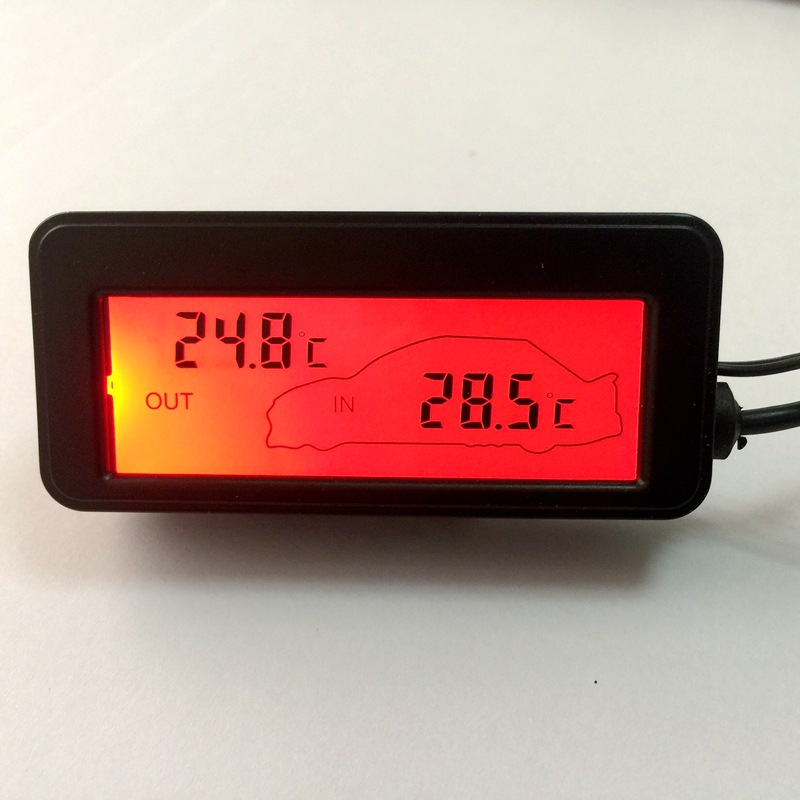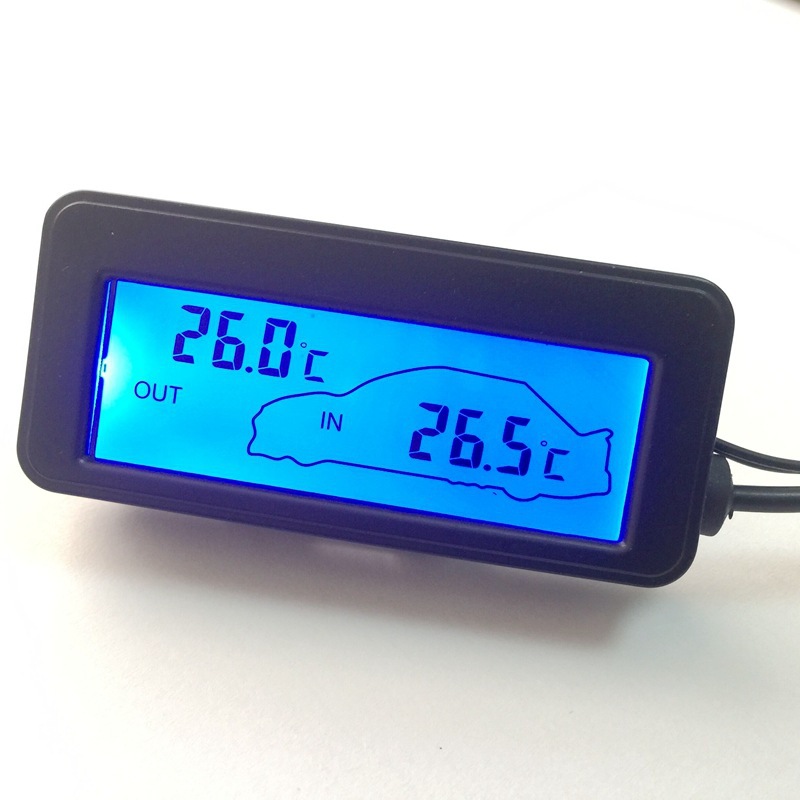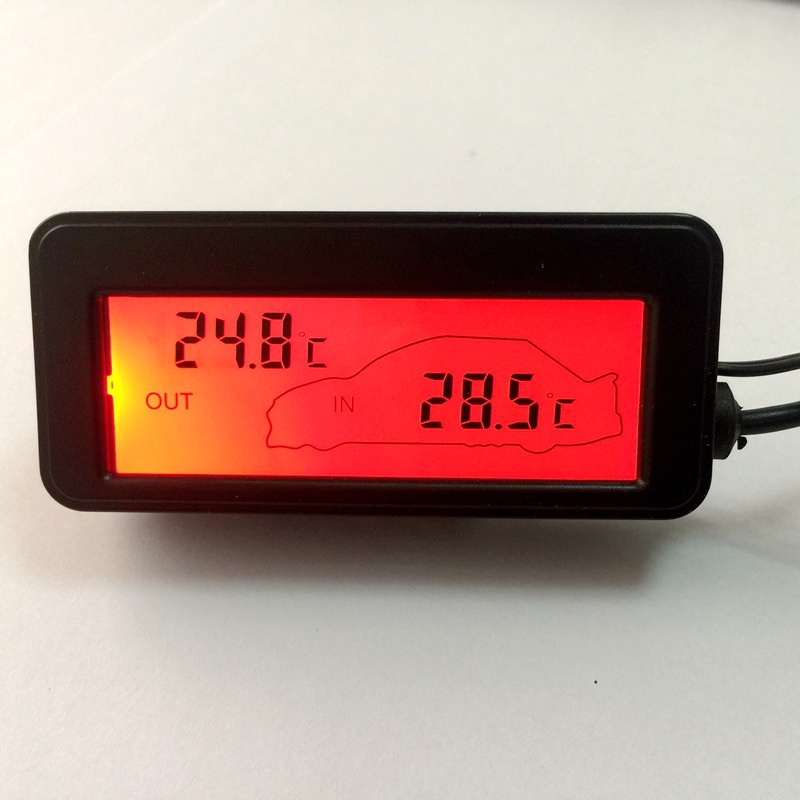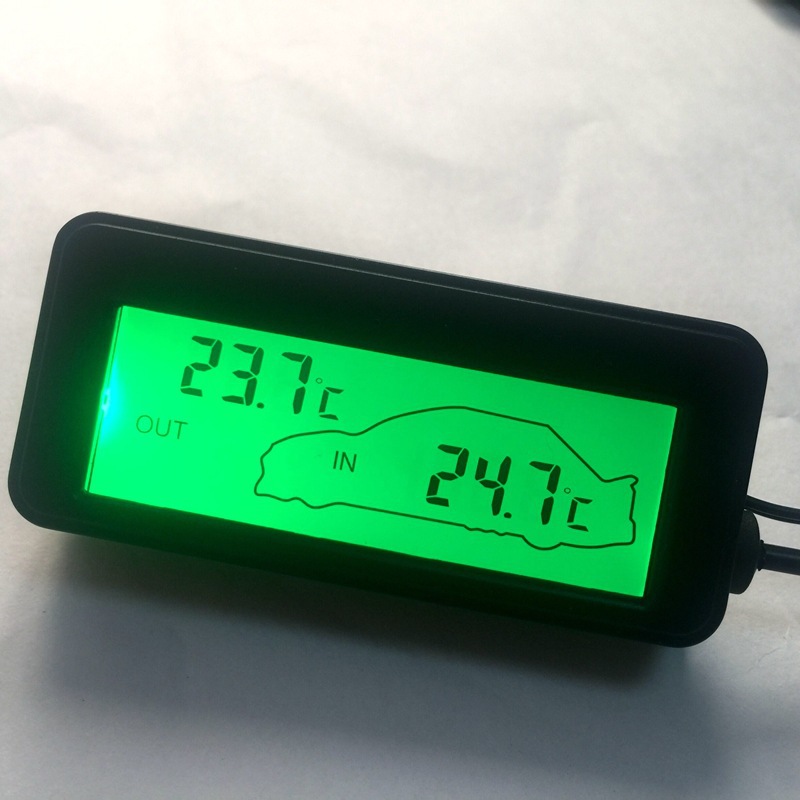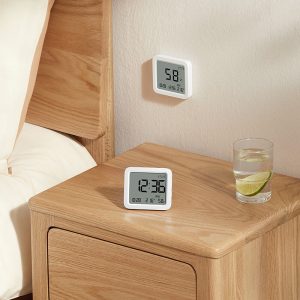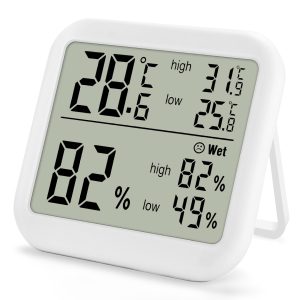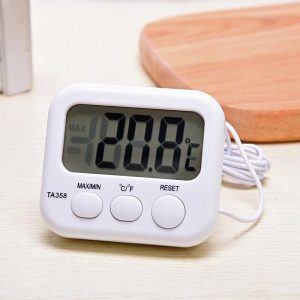A hygrometer is a crucial instrument used to measure the moisture content or humidity levels in the air or various substances. Its primary function is to determine the amount of water vapor present in the atmosphere or within confined spaces.
These devices come in different types based on their principles of operation. Psychrometers, one of the earliest types, use two thermometers—one dry bulb and one wet bulb—to measure humidity by comparing the temperature differences. Modern hygrometers encompass various technologies such as capacitive, resistive, and gravimetric methods to measure humidity accurately.
Capacitive hygrometers use a capacitor to measure the humidity-induced changes in dielectric materials. Resistive hygrometers measure humidity by detecting the changes in electrical resistance in certain materials based on moisture absorption. Gravimetric hygrometers measure humidity by weighing a substance before and after exposure to humidity to determine moisture gain.
Hygrometers find extensive applications in meteorology, agriculture, manufacturing, pharmaceuticals, and HVAC systems. They help monitor and control humidity levels to maintain optimal conditions for processes, products, or environments. Maintaining appropriate humidity levels is crucial in various industries to prevent damage to goods, ensure comfort, and safeguard sensitive materials or equipment. Hygrometers play an essential role in achieving and maintaining these desired humidity conditions for efficient and safe operations.
